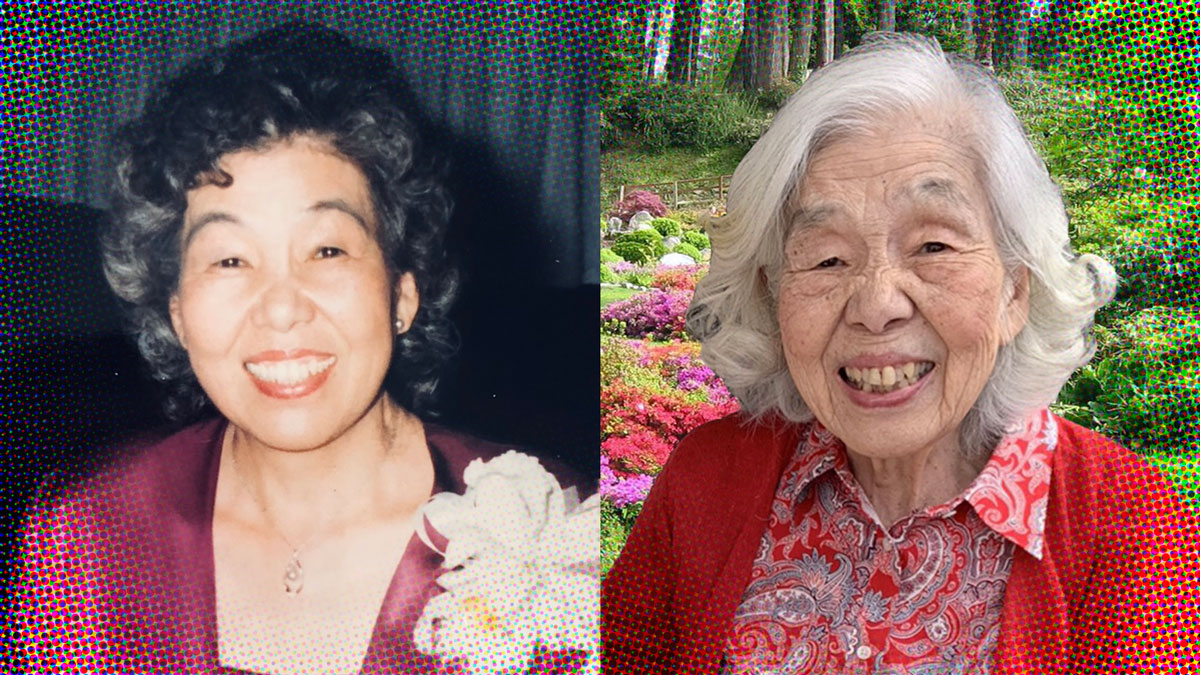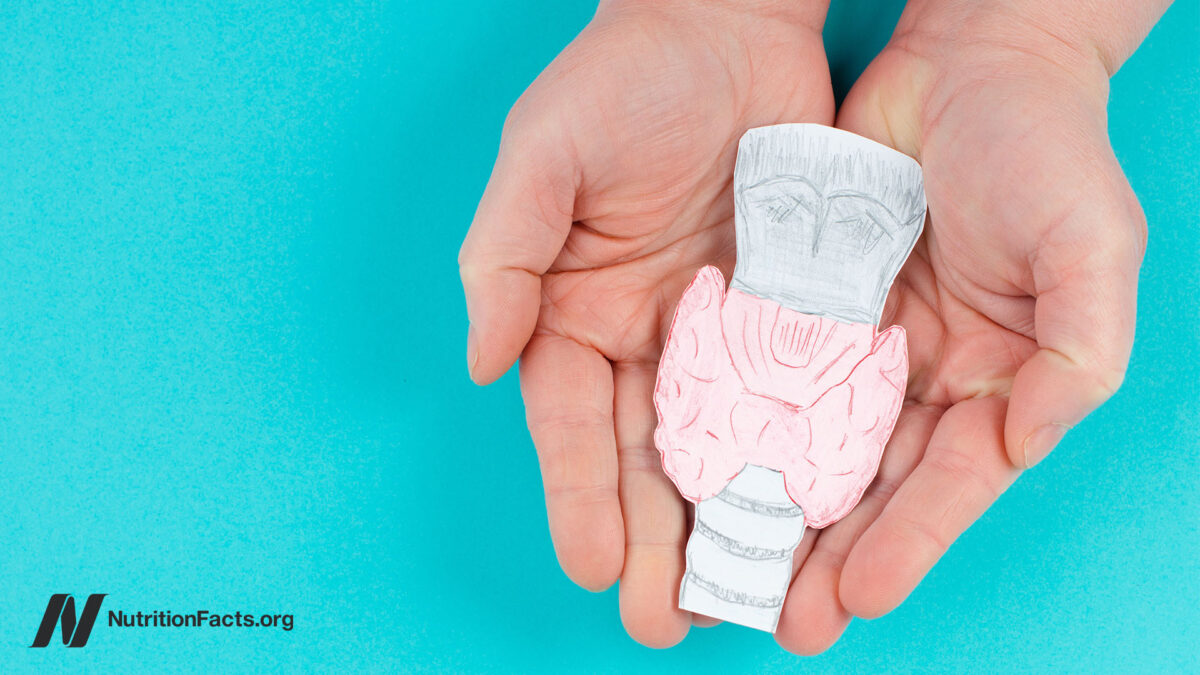Keely Cat-Wells on shattering stereotypes about disabled talent
The entrepreneur and disability rights activist shares her thoughts about creating talent agency C Talent and placing “hundreds of disabled individuals in thousands of roles.”

Ad Age is marking Disability Pride Month 2023 with our Honoring Creative Excellence package, in which members of the disability community revisit some of their favorite creative projects. (Read the introduction here.) Today, entrepreneur and disability rights activist Keely Cat-Wells writes about launching talent agency C Talent and placing “hundreds of disabled individuals in thousands of roles.”
The convergence of disability rights and creativity is a powerful realm where diverse perspectives and lived experiences merge to challenge norms, dismantle barriers and foster inclusivity. Through art, storytelling and innovation, disabled artists and creators defy stereotypes and empower themselves and others.This intersection invites us to reimagine design, embrace accessibility and cultivate a more vibrant and compassionate society where everyone can thrive. It is a beautiful fusion that unleashes the transformative power of creativity for positive social change. I have been fortunate to witness the profound impact of this collaboration through my journey in creating C Talent.
As a disabled entrepreneur and disability rights activist, I strive to innovate, drive change and fight for the representation of disabled people across all aspects of society. Building C Talent has profoundly influenced my personal journey and ignited a passionate drive within me to push for progress in every facet of my career.
When the idea of representing disabled talent took shape and the foundations began to be laid, I quickly realized the inherent connection between disability and entrepreneurship. Determination, adaptability, creativity and time management are just a few of the many transferable skills. C Talent transcended being just a company to me—it became a lifeline. As a young adult who had recently become disabled, I found myself trapped by harmful stereotypes perpetuated by society and mainstream media, including the incorrect belief that it was better to be dead than disabled. I also recognized that disabled individuals often do not have ready-made options A or B, so we must create our own option C.
It is through representation that society can truly grasp the breadth and depth of others’ experiences, challenges and triumphs. By focusing on developing, collaborating with and promoting disabled talent, C Talent shattered stereotypes and placed hundreds of disabled individuals in thousands of roles, many of which were not initially intended for disabled hires. I take pride in our work on projects such as HBO’s “The Last Of Us,” Netflix’s “Lady Chatterley’s Lover” and campaigns with Savage X Fenty, Nike, Android and Toyota, collaborating with talent including Cole & Charisma, Liz Harris, Lachi, Vasu, Kayla Maria Garcia, Knox Gibson, Lucy Dawson, Imani Barbarin and so many more.
In the early days of C Talent, we initially represented actors, but in 2020, after recognizing the power of social media and how disabled creators have been changing and disrupting the narrative within the creator economy thanks to few barriers to entry, we created a roster that included both Hollywood talent and social media creators.
Often, the disabled talent we represent have modest goals—much smaller than they should be because of their familiarity with a society that has chronic barriers. C Talent empowers individuals to dream bigger, helping them overcome societal obstacles and self-imposed limitations.
It was imperative that our talent at C Talent could fully focus on their creative work. The talent managers, unlike traditional managers, ask crucial questions before auditions—for instance, about the accessibility of casting offices, the availability of interpreters. And when accepting jobs, they engage in meaningful discussions with creative teams about accurate representation, script adjustments and openness to necessary changes. During contract negotiations, they collaborate with lawyers to include explicit accessibility language, covering on-set accommodations, transportation, housing needs and the inclusion of access coordinators. By addressing these considerations, we ensure an accessible environment where disabled talent can thrive and focus on their craft rather than having to advocate for themselves or educate others.
The acquisition of C Talent by Whalar in 2022 was a momentous occasion, demonstrating the demand for disability representation, the business case for inclusion and marking a significant milestone for the disability community and myself as an entrepreneur. Building C Talent was by far the most important and impactful piece of creative work I have ever done and I am excited to see it live on with the most incredible team and its new home at Whalar.
I am also excited to embark on my next startup, Zetta, transforming education and the future of work with our talent acquisition and learning experience platform, specifically tailored for the media, entertainment and advertising industries. We create accessible, tangible pathways to employment and career advancement through employer-backed courses, bridging the education-employment gap and enabling companies to tap into untapped and underrepresented talent pools. In addition, I am working with Sophie Morgan as we embark on our journey to center the Disabled voice with our media company, Making Space Media.
I think we can all agree that representation matters. I take pride in our accomplishments, and I am filled with excitement and anticipation for the future as we continue to champion change, dismantle barriers and foster inclusive innovation.

 Astrong
Astrong 































